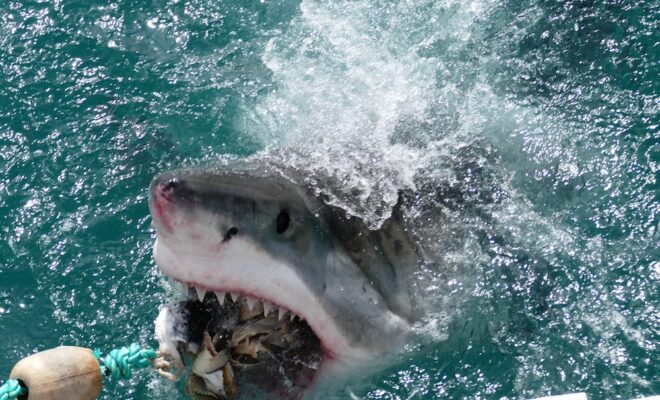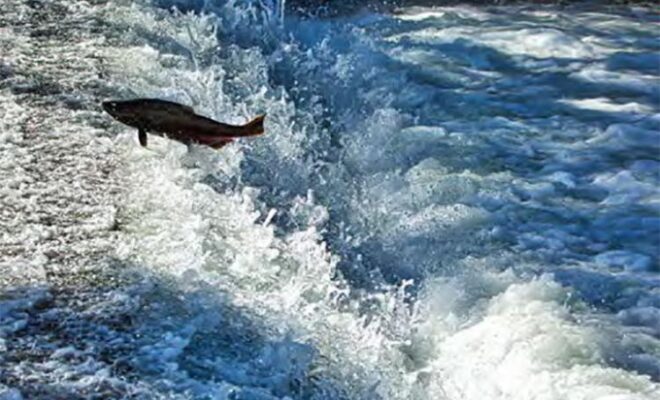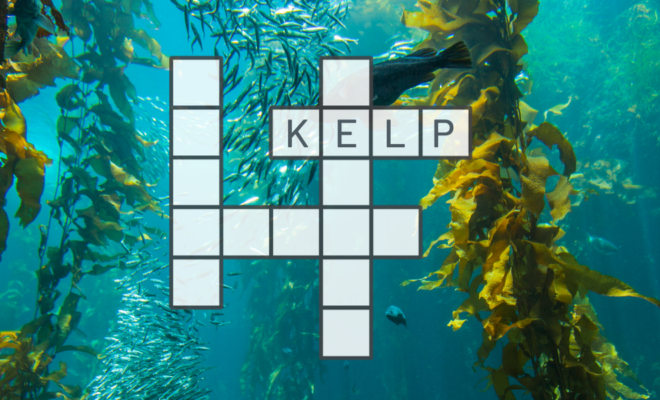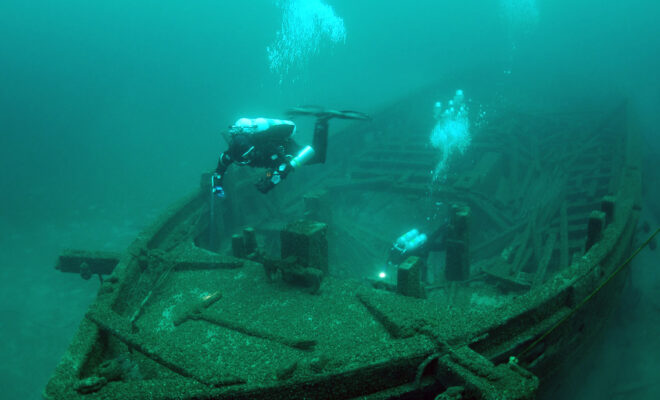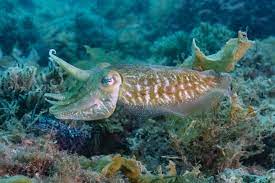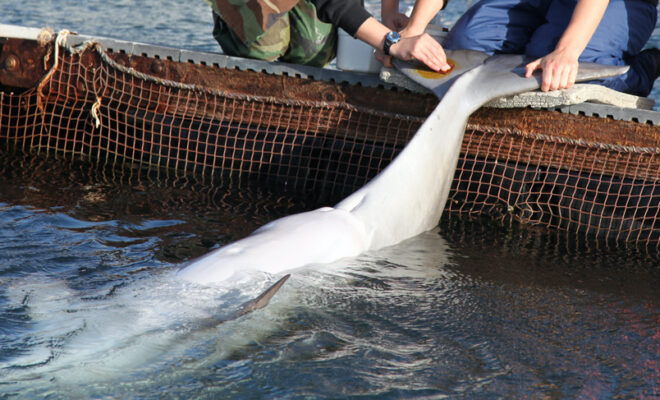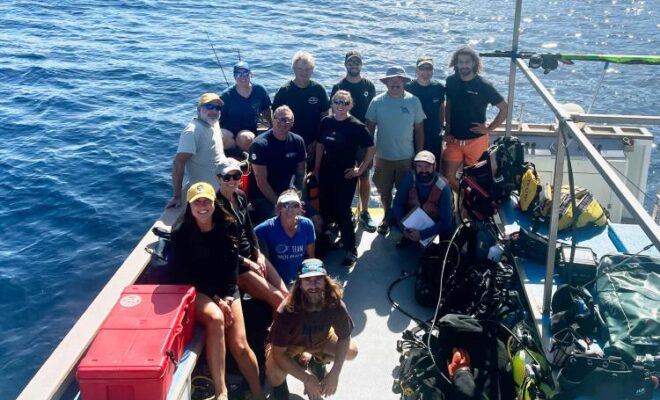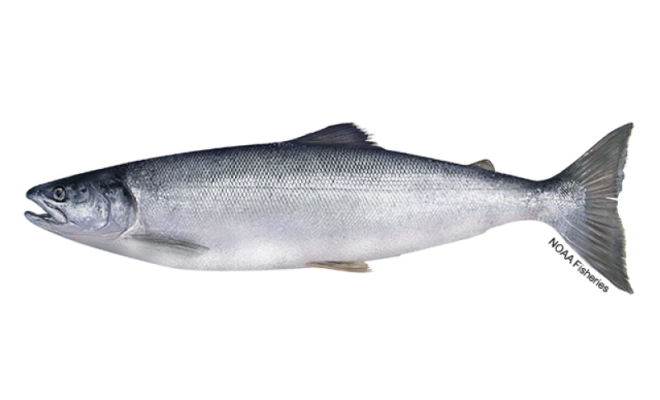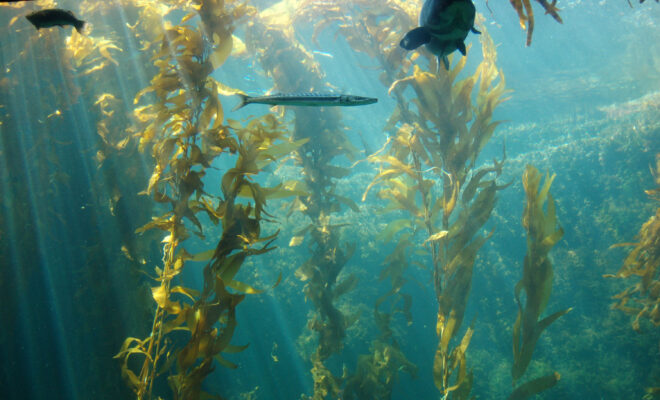At Sharkathon, Shark Fishers Are a Keen Audience for Conservation Advice
12/24/2023 - By Claudia Geib. Catch-and-release fishing can kill sharks. But fishers will work to limit the damage—once they know how.Every fall, more than 900 recreational anglers in Texas gather their gear and wade into the blood-warm waters of the Gulf of Mexico for Sharkathon. In this four-day catch-and-release shark fishing tournament,… SEE MORE
